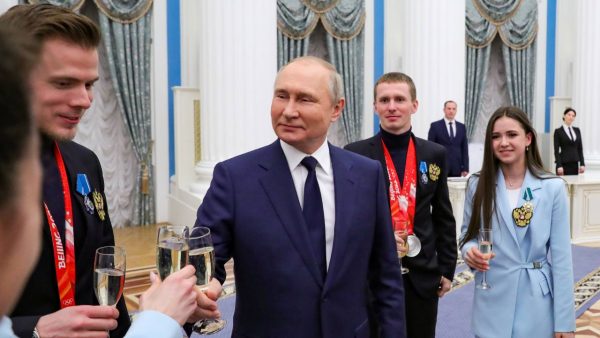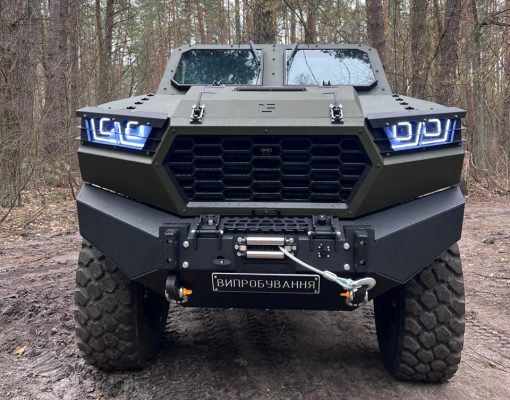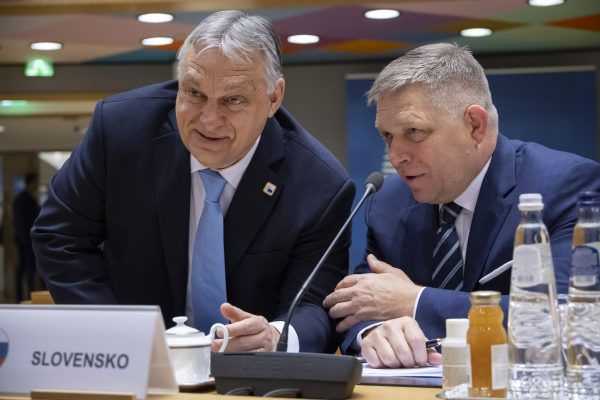Much is unclear in Russia since the June 23 Wagner Group mutiny against the military command began. But some things have become much clearer.
For months, it has been evident that Vladimir Putin had staked out a position that he was unable to achieve: conquering all of Ukraine and changing its government, or at least seizing all of the four additional provinces he had claimed to annex. Having staked his legacy on rebuilding the Russian Empire, he had nowhere else to go when his scheme failed.
Pursuing that failing course has meant higher and higher costs for the Russian forces involved. We have seen the elevation of the Wagner Group private militia, the recruitment of convicts as soldiers, the general conscription that prompted over a million to flee Russia, the ammunition shortages, the attacks by pro-Ukrainian Russian groups in Belgorod oblast, the public arguments between Wagner and the Ministry of Defense, the beginnings of direct criticism of Putin in social media, television, and the Duma, and the massive casualties (now possibly exceeding 360,000 dead and wounded) and failures of the Russian military on the ground.
It has been clear for months that this is unsustainable and yet no one could have predicted what element of the system would snap. Now we know.
With Russia’s military high command demanding on June 10 that Wagner soldiers register as regular military forces and submit to its orders, Prigozhin saw it as a direct threat to his men and himself. When they failed to comply, Wagner says its forces came under attack on June 23 from Russian units in Ukraine.
This was the trigger for Prigozhin to execute a well-prepared plan to strike directly at Russia itself — probably with the help of insiders in the military in the provincial cities of Rostov and Voronezh, which his forces now appear to control.
It is still far too early to know how this will play out inside Russia. The general assumption will be that the Russian state is stronger than Prigozhin and his (supposed) 25,000 troops, and that the state will crush the rebellion and prevail. But the Russian people will stay on the sidelines, and it’s possible Russian troops share Prigozhin’s assessment that they were simply being led to the slaughter, and choose to join him.
Regardless, it seems this is indeed the beginning of the end of the war against Ukraine – at least this phase of it. Russian soldiers will quickly assess it is not worth dying in Ukraine when the war has already been lost, and their homeland is now at war with itself. There’s little glory or purpose to be had by sitting and dying in the trenches of a crumbling imperial quest.
Moreover, Prigozhin has already stated on June 23 publicly the terrible truths behind Putin’s bloody quest: that the invasion of Ukraine was a mistake — that there were no Nazis in Ukraine; that the war is weakening Russia; that the casualties have been horrendous; that Ukraine has retaken more territory than the regime admits; that everybody lies to Putin rather than be the bearer of uncomfortable truths; and that Putin himself is delusional. These will all ring true with Russian soldiers on the front line, and they point to Russia pulling back and ending its aggression – at least temporarily in order to rebuild.
Ukraine must take advantage of this chaos in Russia to press its advantage on the front lines. The West should long ago have provided longer-range artillery shells, cluster munitions, F-16s, and other aircraft. But even without those tools, Ukraine must seize the moment and press forward.
The West, too, must seize the moment. No matter how things settle inside Russia, and no matter if Russia withdraws and temporarily stops its aggression, and no matter if it is under Putin or Prigozhin, Russia will try to re-group and attack Ukraine again.
Now is the time to send a clear signal that Ukraine will become a member of NATO, and to act upon that pledge as soon as the border is secured, so Russia’s war can never begin again.
Ambassador Kurt Volker is a Distinguished Fellow at the Center for European Policy Analysis. A leading expert in US foreign and national security policy, he served as US Special Representative for Ukraine Negotiations from 2017-2019, and as US Ambassador to NATO from 2008-2009.
Europe’s Edge is CEPA’s online journal covering critical topics on the foreign policy docket across Europe and North America. All opinions are those of the author and do not necessarily represent the position or views of the institutions they represent or the Center for European Policy Analysis.





